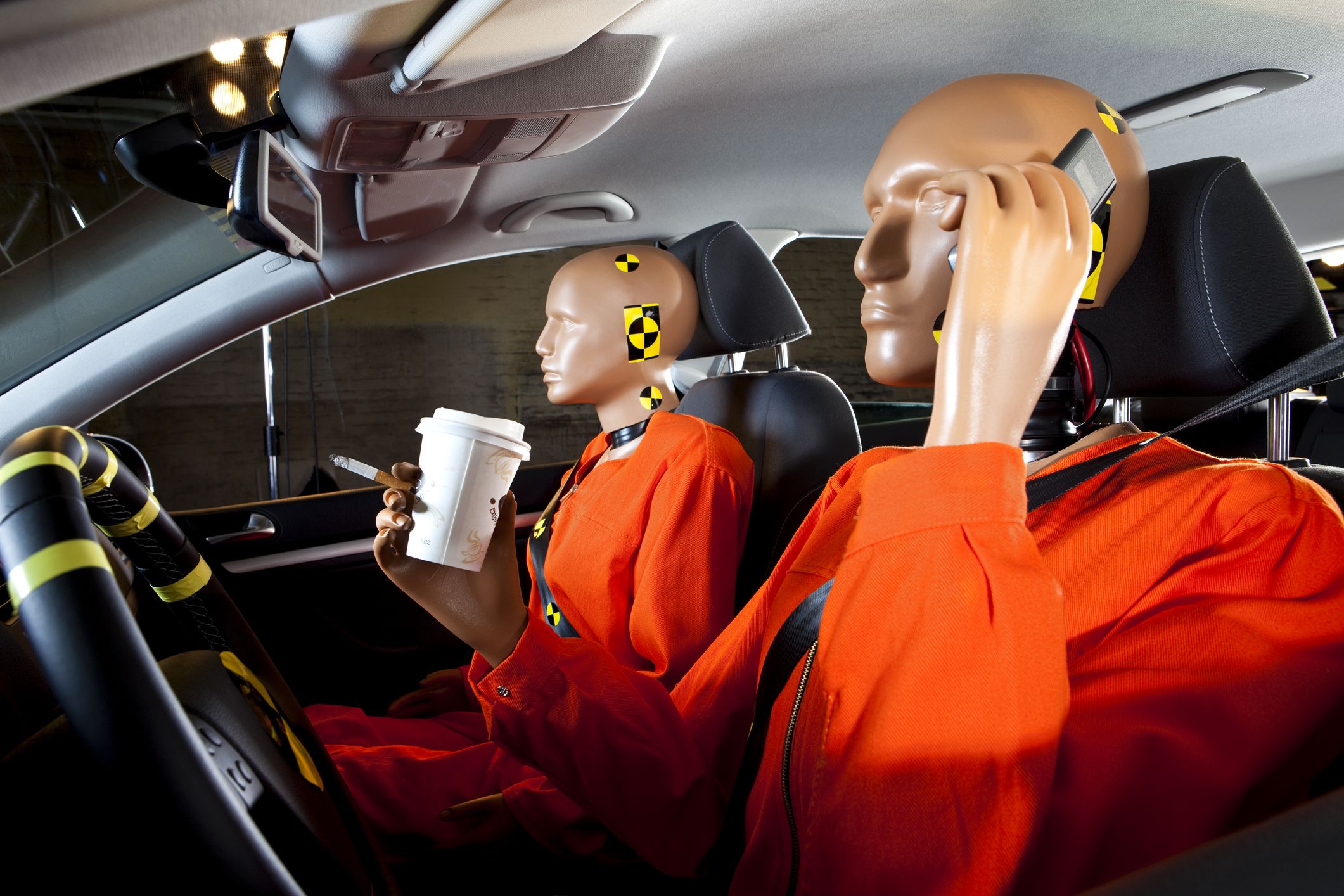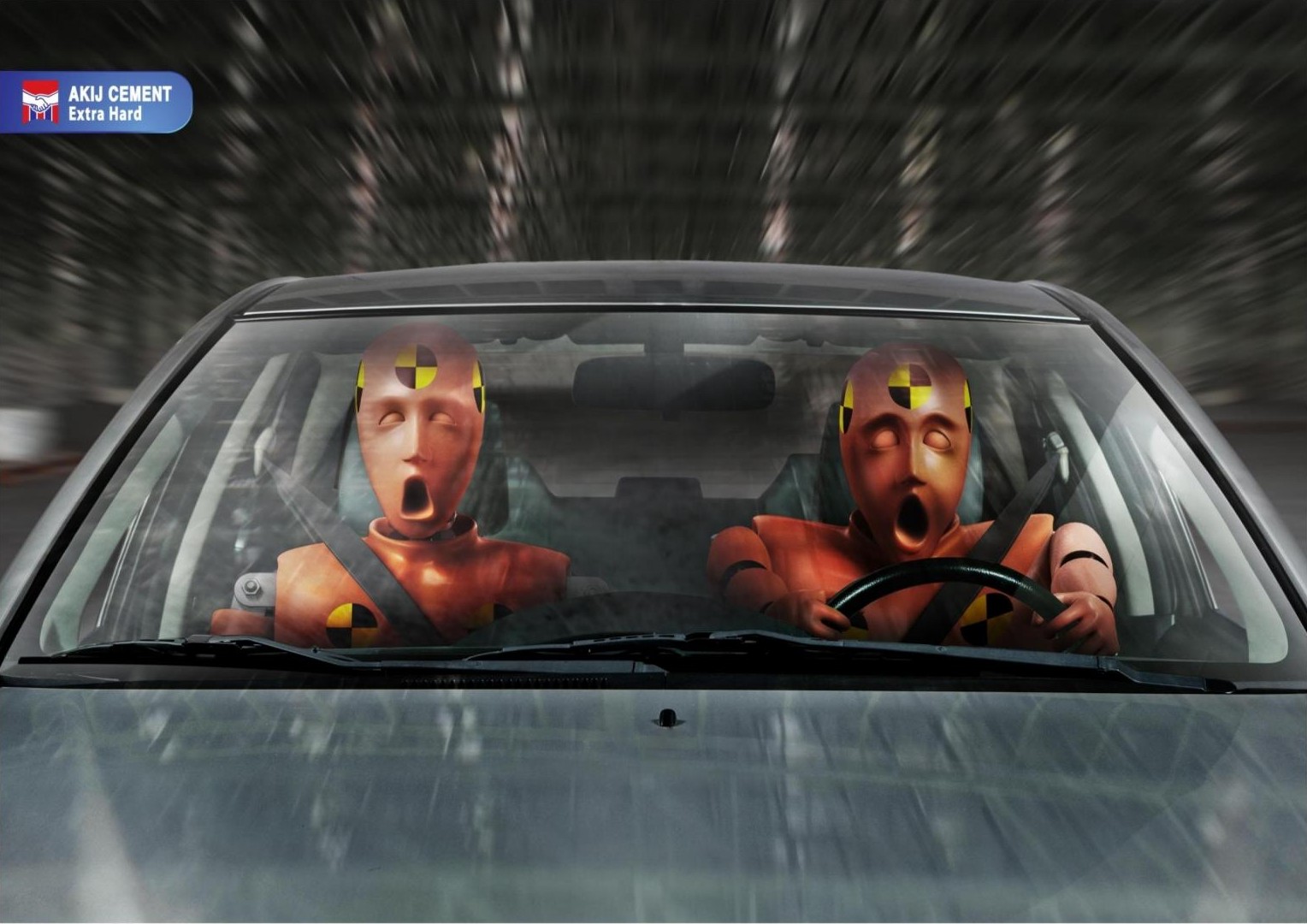
David Zipper from CityLab asks the question we’ve all thought about~if there are safety features that would make vehicles not as deadly to other road users, why are they not being used now?
In the United States nearly 40,000 road deaths happen each year, with 8,000 of them involving pedestrians and cyclists. Those deaths with pedestrians and cyclists have increased from 17 percent of fatalities in 2010 to 23 percent in 2019.
The good news~it is safer for vehicular occupants. Bad news~don’t be outside a vehicle shell.
As Mr. Zipper observes ” 40 American cities have committed to Vision Zero, a global traffic safety movement that emphasizes redesigning streets to reduce the likelihood of fatal crashes. But Vision Zero recommendations assume that drivers are playing by society’s rules; they offer scant protection if someone chooses to use their vehicle recklessly.”
Despite the fact that there is equipment designed to disable the ignition on vehicles if a drunk person was going to attempt to operate it, and collision deterrence systems, they are in no way standardized in vehicle purchases for North American roads.
Here is why~the automotive manufacturers have tied vehicle purchase and use into the concept of American “individualism and freedom”. You’ve already seen the advertisements on television where vehicles pursue the open road, the country, the lakefront, some idealized place where there are no pesky pedestrians or cyclists.
In the same way as the National Rifle Association has mandated the right to own and carry weaponry, vehicle manufacturers have stressed autonomy and focused responsibility on the driver, not the manufacturer.
“Everyone wants these safety features on the other guy’s cars,” says Greg Winfree, the director of the Texas A&M Transportation Institute and the former assistant secretary for research and technology in the U.S. Department of Transportation. “But not theirs.”
While vehicle manufacturers have enhanced the safety for vehicle occupants with air bags, crumple zones and safety glass windshields, other innovations like speed governers to limit driving speed has been shunned. While some automobile manufacturers tout the Advanced Driver Assistance Systems (ADAS) these are good for driving on highways. Systems that are designed to detect pedestrians are not as widely available
I wrote last winter about the automatic braking systems in the 2019 main automobile manufacturing models hitting the “dummy pedestrians a horrifying sixty percent of the time-“and this was in daylight hours at speeds of 20 mph/30 km/h”. When child sized dummy pedestrians were used on the roadway, they were hit eighty percent of the time, 89 percent of the time if between cars. These findings also occurred at higher speeds and at night.
A simpler, proven technology is the use of the speed governor, which limits a driver from accelerating beyond a certain speed. The slower speeds increase safety for pedestrians and cyclists, and also lessen automotive emissions. The European Economic Union (EEC) is mandating that every vehicle purchased in the year 2022 an beyond have a speed governor.
But back to North America where the car is still king and this province where nearly 300 people die on roads annually.
We need a champion to stand up for pedestrian and cyclist rights, and the right to live. We need a Provincial government that is willing to adopt slower speeds in municipalities to save lives and reduce emissions. As I wrote earlier this year, the Union of Municipalities for British Columbia passed a unanimous motion to ask for the right to slow speeds in residential areas. Just like the automobile manufacturing companies, the Province of British Columbia has been slow to respond.
Pity.

Images: Ebay.ca& ThoughtCo













I think one of the most cynical corporate announcements of recent years was Volvo’s who touted that by 2022 (I think) zero deaths with Volvos*
That asterisk? Of people dying IN Volvos, no thought was or is given by Volvo by whoever they have to mow down in order to reach that 0 death in car number.